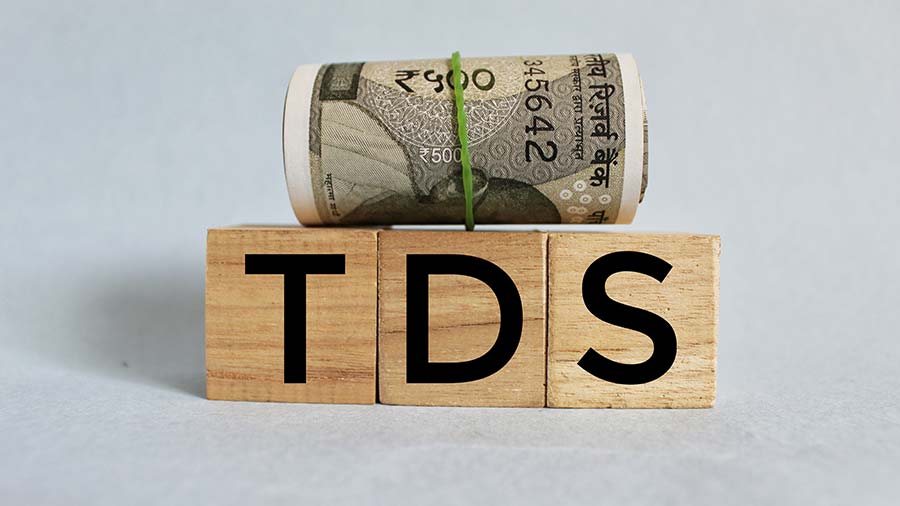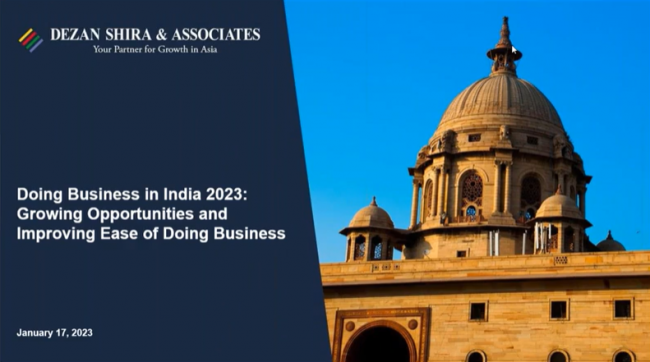RBI Governor Asks for Interest Rate Reform, Pitches Regulatory Changes
Dec. 6 – The governor of the Reserve Bank of India asked banks to raise deposit rates and lower lending rates on Friday to improve the efficiency of Indian banks against global competitors.
“We need to raise the level of national savings and channel those savings into investment. This means banks need to raise the interest rates offered to depositors and reduce the lending rates charged on borrowers,” RBI Governor Duvvuri Subbarao said in his address to BANCON 2010, a banking convention that was held from December 3 to 4 in Mumbai.
Subbarao said that the net interest margins of Indian banks remain higher than that of their peers in other emerging markets. He added that banks can maintain their profits by optimizing operating costs such as wages and salaries, transaction costs, and provisioning expenses.
“The task for our banks clearly is to press on with efforts for sustainable reduction in operating costs through productivity improvement and skill enhancement and by leveraging of technology,” he said.
“Financial inclusion will provide banks access to sizeable low-cost funds and also opportunities for lending in the small volume segment,” he said, adding that rather than seeing his request as an obligation, “banks should embrace it as an opportunity that can help them increase their asset base.”
Currently, Indian banks provide term deposits with a 4 percent to 8 percent interest rate, savings deposits are given a 3.5 percent interest rate, and current accounts earn zero interest. Meanwhile, banks charge above the benchmark of 7.5 percent to lend money.
Today, Subbarao also pitched to streamline bank regulations, arguing that some were “confusing,” though he admitted that they served the banking system well. He favored a single legislation to remove inconsistencies.
“The Banking Regulation Act has not only stood the test of time, but several of its provisions have all helped the Reserve Bank in preventing crises and maintaining financial stability,” he said. “But the recent global financial crisis has taught us that our regulations have to change according to the need of the time.”
Subbarao asserted that the power to enact the proposed financial sector reform should be undertaken by the organization that he oversees, the Reserve Bank of India, rather than a legislative panel.
“Policy direction should drive the work of the proposed financial sector legislative reforms commission and not the other way around.”
- Previous Article India’s Rising Account Deficit Not Cause for Worry
- Next Article Bill to Allow Options Trading, Commodity Derivatives Introduced
























